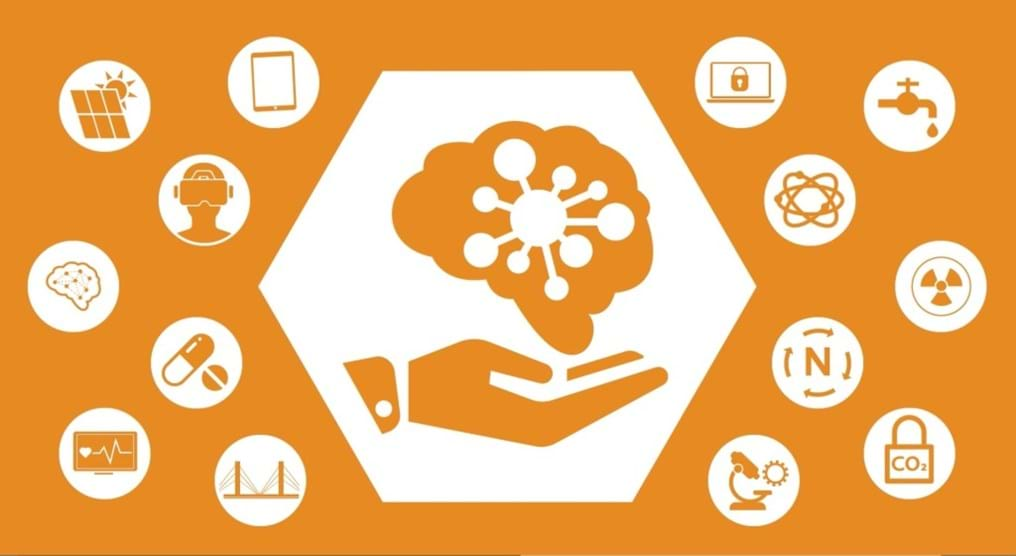Addressing the Grand Challenges

30th January 2020
Our mission, as set out in Strategy 2024, is to be a vibrant learned society that addresses the grand challenges.
IChemE’s principal technical committee, the Learned Society Committee (LSC), has been tasked with engaging IChemE’s members around delivering this.
LSC has prioritised focussing its initial work on responsible production, major hazard identification and management, and digitalisation. Below are the initial interpretations of these priorities.
Responsible production: This term encompasses chemical engineering’s role in combating climate change and delivering sustainability alongside broader welfare gains such as access to basic services, green and decent jobs, and a better quality of life for all.
It means contributing to:
- reducing the carbon footprint of energy generation and commodity extraction and processing through to final product in line sufficiently to limit the global temperature rise to well below 2°C;
- using resources sustainably through closed-loop processes and use of alternative feedstocks to safeguard key resources as well as conserve and, wherever possible, restore habitat areas; and
- ensuring our industries offer meaningful employment opportunities and use technologies suited to the situation and location, globally.
The LSC is looking at practical options to improve the use of footprinting tools across the broad range of process industries.

Major hazard identification and management: Major accidents are happening regularly in the process industries and more generally, often with similar root causes.
To address this, IChemE wants to lead the development of a holistic, multi-disciplinary systems approach to major hazard management that embraces asset life cycles and builds on existing ‘process safety’ methodologies.
This strand is led by Jim Carrick, who leads the LSC on safety and risk.

Digitalisation: Digitalisation will have a transformative effect across all aspects of the discipline, from manufacturing to research, and this needs to be reflected in teaching and training.
IChemE will support the ethical use of digital technology to improve research and the supply chain in the process industries.
Alexandra Meldrum, the LSC subject area lead on education, innovation and research, is leading the digitalisation work.
All subject area leads are now contacting IChemE’s special interest groups (SIG) and other learned society bodies for input into what progress IChemE could make by 2024 against these three priority topics, and how the SIGs can contribute to achieving this vision.
If you are reading this and would like to contribute, please join a special interest group (it’s free and you can join as many as relate to your expertise and interests) or contact lsc@icheme.org
Sustainability and climate change
As Stephen Richardson reminded us in his presidential address, IChemE currently has no published updated position on climate change, and that is something the LSC wants to address urgently.
Neil Blundell, subject area lead for energy, is leading the process. An initial proposal will be worked up with the IChemE’s Energy Centre and then sent for consultation with the other SIGs.
The intention is for the new position statement to be broadly developed by the end of Q2 and published in Q3, ahead of COP26.
Separately, the LSC has taken on an initiative brought by the Sustainability SIG to review IChemE’s purpose as set out in its Royal Charter, to make clearer our role in ensuring sustainable and responsible processes and working practices.

Priority topics in publications
The priority topics will be reflected in IChemE’s publications output in 2020 with special issues of our journals focussing on climate change and life cycle analysis; a series of practical articles on improving the carbon footprint of plants and processes, to be published in The Chemical Engineer; and the Loss Prevention Bulletin will publish papers on major hazard installations.
Check out progress at www.icheme.org/lsc, and via The Chemical Engineer, which will be publishing short regular updates.
The above article also appeared in the latest issue of The Chemical Engineer.